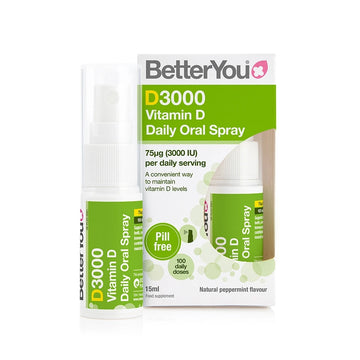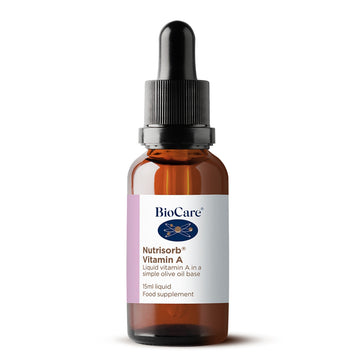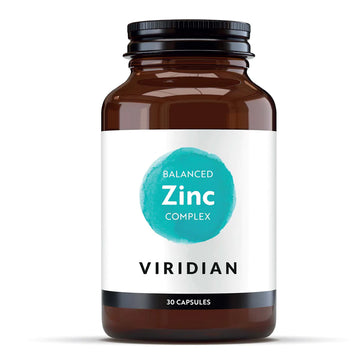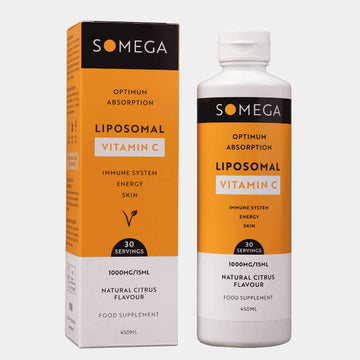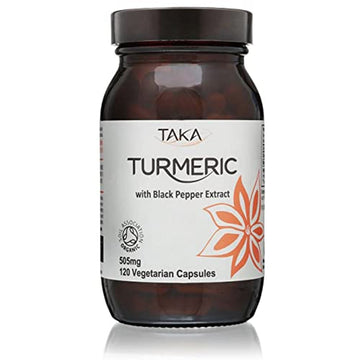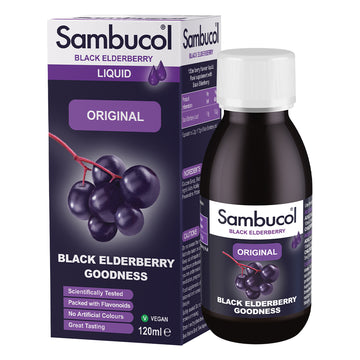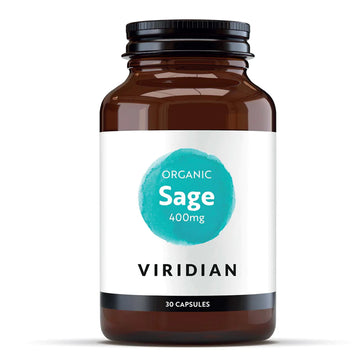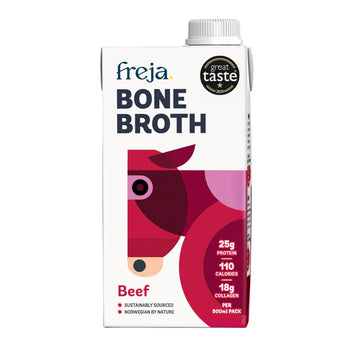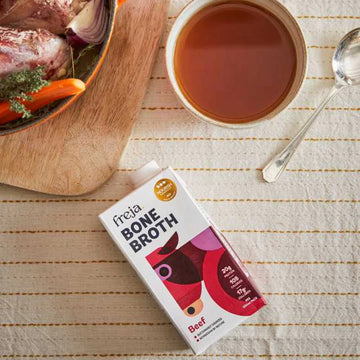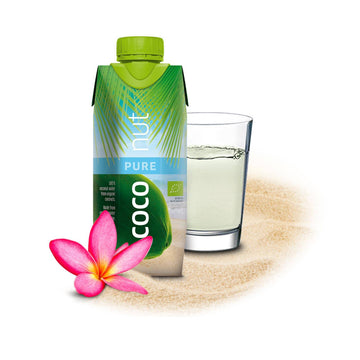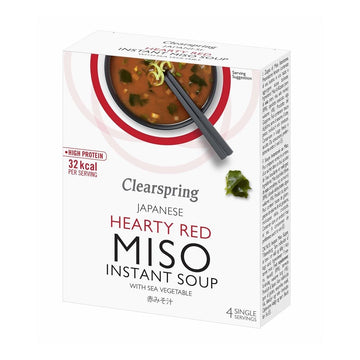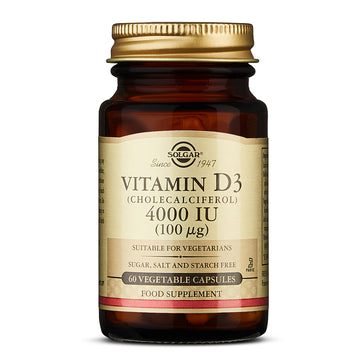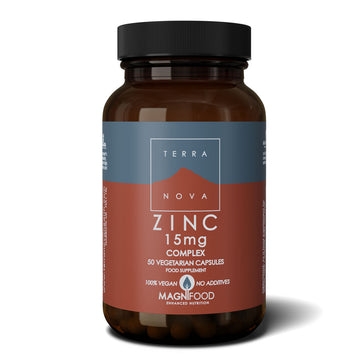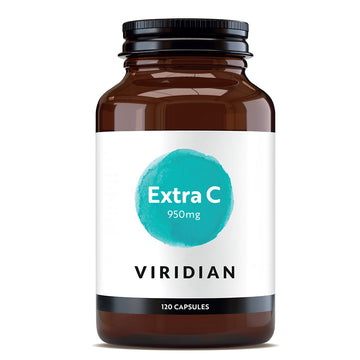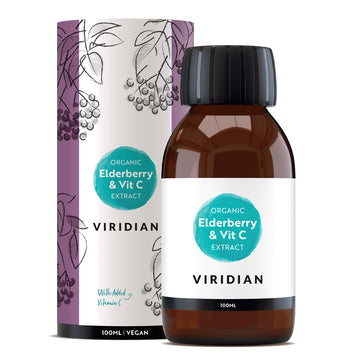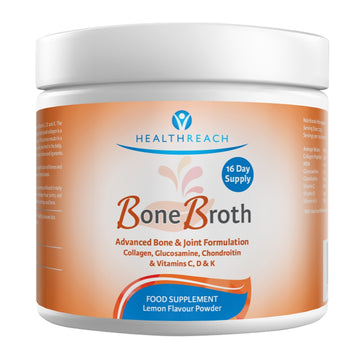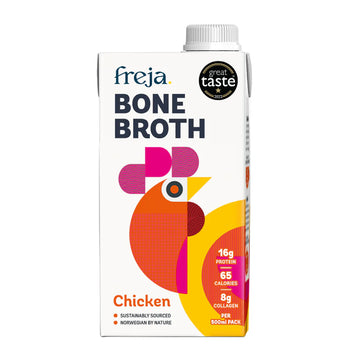The last thing anyone wants is to catch a cold and flu (the discomfort alone, plus the upheaval it causes to work and home life). So you might be wondering how your immune system is holding up and if there's ways to avoid getting sick this winter?
If you are looking to try and prevent infections, there are some great vitamins, minerals, herbs and supplements that can support your body, particularly come winter time. Here are some ways to avoid getting sick this winter - plus some tips if you do...
The Immune System & Infections
We are exposed to millions of different microbes (bacteria and viruses) and other foreign bodies every day. Their priority is to survive and they use us as accommodation, either by latching onto our cells or by living inside our tissues, creating havoc and, in severe cases, even overwhelming us.
Fortunately, we have a complex and intelligent system - the immune system which acts as the body’s own defence force. Its job is to identify what is not part of us, examine it and decide whether it is a threat, in which case it will try to kill or neutralise it.
How Can We Help Support Our Immune System?
The best place to start for the prevention of infections is actually to boost our levels of good bugs! When researchers gave young children probiotics with a little vitamin C every day, they found that the children got fewer coughs and colds. If they did get an infection, the symptoms weren’t as bad and they didn’t need as much medication. They also needed less time off school.
Ways to Avoid Getting Sick this Winter
So when it comes to ways to avoid getting sick this winter, preparation is key. It's so important to build up your immune system. Probiotics are a great way to boost your immune system and help prevent infection. Other nutrients play an important role in the prevention of infections too. The following nutrients are great for helping to prevent infections:
Vitamin D
Vitamin D enhances the immune system’s ability to recognise pathogens and initiate a response against them especially influenza (which causes the flu), tuberculosis and respiratory tract infections. The main natural source of vitamin D is sunlight. As our sun exposure is very limited during winter, it is essential to supplement vitamin D to prevent deficiencies and boost immunity. Check out some of the best vitamin D supplements to buy.
Vitamin A
Vitamin A is crucial for strengthening the gut lining which acts as a barrier against pathogens. It can also boost the activity of immune cells.
Zinc
Zinc is important for enhancing the activity of immune cells.
Antioxidants
Antioxidants are molecules that prevent damage to the cells and tissues and reduce inflammation. These include different plant chemicals (flavonoids) found in rosehip, bilberry and other berries, as well as rutin and hesperidin that are naturally found in citrus fruits.
Nutrients for Immune Support
Although the above nutrients can be used as a preventative protocol against infections, they can also be very beneficial during an infection alongside the following nutrients for further immune support:
Vitamin C
Vitamin C improves the function of immune cells and can decrease the duration of infection.
Elderberry
Elderberry contains plant chemicals that ‘blunt’ the spikes on viruses and stop them from entering the cells. It also increases immune system activity against flu.
Sage
Sage inhibits bacterial growth including the bacteria causing respiratory infections, skin infections and food poisoning.
Lysine
Lysine inhibits reproduction of certain viruses like herpes and boosts immunity.
Beta Glucans
Beta Glucans are natural sugars found in certain types of mushrooms. They can activate the immune cells and reduce the symptoms and duration of respiratory tract infections in elderly and children.
What’s Best to Eat When We are Ill?
When you're ill, you start to feel really tired, achy and feverish. This is a sign that your body is trying to fight the infection and make you rest. Rather than fighting the symptoms, it's better to support your body naturally by resting and having plenty of fluids and nutrients. You can include the following foods:
Natural Anti-Microbial & Anti-Inflammatory Foods
Opt for lots of anti-inflammatory foods and natural anti-microbials such as garlic, ginger, turmeric, sage, coconut oil, freshly squeezed lemon juice with warm water and honey (locally sourced and raw if possible).
Bone Broths
Bone broths are full of nutrients. Use organic chicken carcass or beef bones, add a mixture of vegetables such as carrots, leeks, onions and herbs. Cover with water and gently simmer for a few hours. Strain and drink the broth daily.
Vegetable Juices
If you have a low appetite, fresh vegetable juices can be a great source of nutrients and antioxidants.
Probiotic Foods
Up your intake of probiotic-rich food like sauerkraut, miso, natural yoghurt, kefir and kombucha.
Essential Fats
Essential fats such as oily fish such as sardines, mackerel and wild salmon, seeds such as flax, chia, and hemp seeds.
Coconut Water
Coconut Water is great for hydration and replenishing electrolyte stores.
Please note, this blog is for informational purposes only and should not replace medical advice.
It’s always best to consult your doctor before taking any new supplements, treatments or remedies if you are pregnant, breastfeeding or on medication.
Checked and updated: 22 January 2025.



